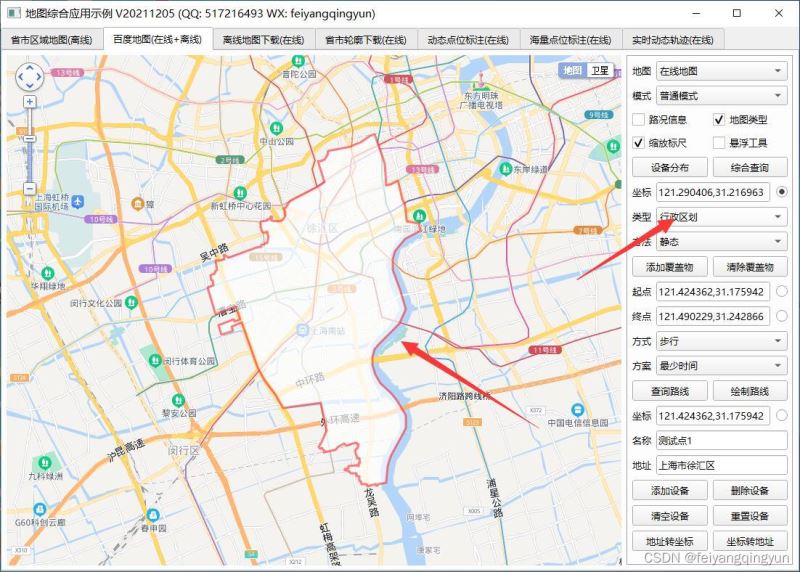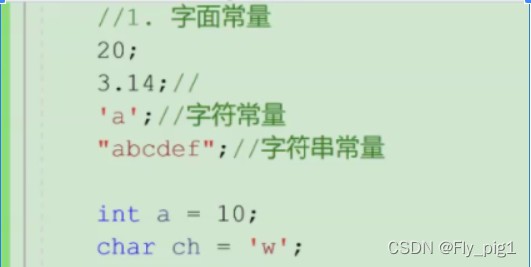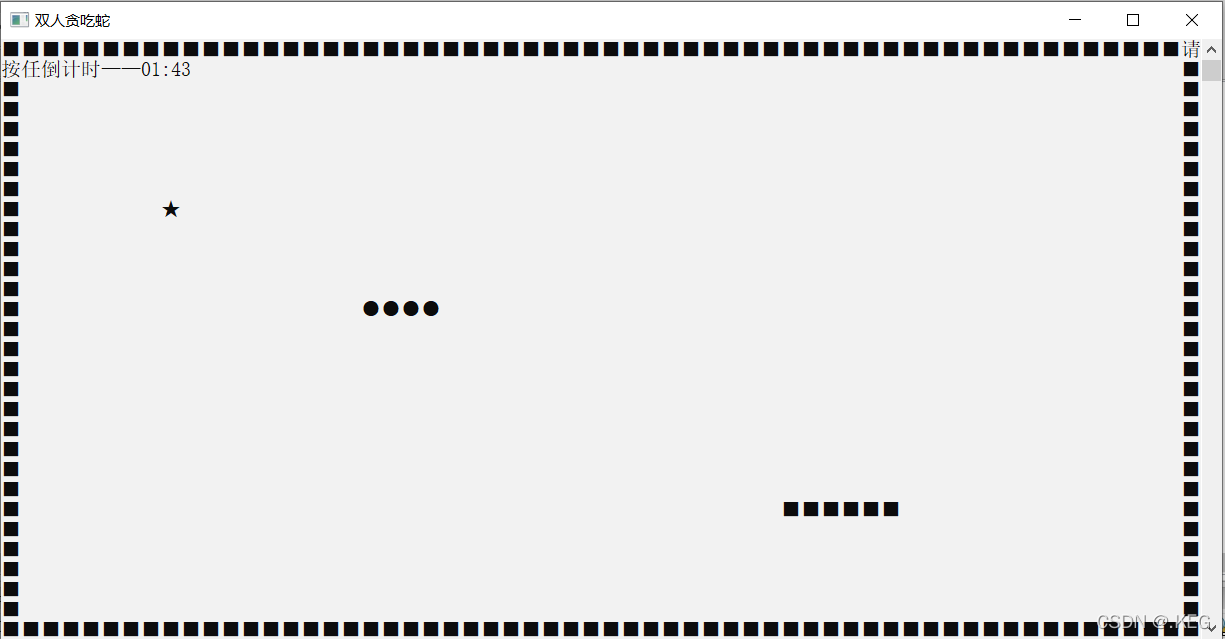How to prevent non-specialized template instantiation?(如何防止非专业模板实例化?)
问题描述
我有一个模板化的class(称之为Foo),它有几个专门化.如果有人尝试使用 Foo 的非专业版本,我希望编译失败.
I have a templated class (call it Foo) which has several specializations. I would like the compilation to fail if someone tries to use an unspecialized version of Foo.
这是我实际拥有的:
template <typename Type>
class Foo
{
Foo() { cannot_instantiate_an_unspecialized_Foo(); }
// This method is NEVER defined to prevent linking.
// Its name was chosen to provide a clear explanation why the compilation failed.
void cannot_instantiate_an_unspecialized_Foo();
};
template <>
class Foo<int>
{ };
template <>
class Foo<double>
{ };
所以:
int main()
{
Foo<int> foo;
}
同时工作:
int main()
{
Foo<char> foo;
}
没有.
显然,编译器链只会在链接过程发生时发出警告.但是有没有办法让它在之前抱怨?
Obviously, the compiler chain only complains when the linking process takes place. But is there a way to make it complain before ?
我可以使用boost.
推荐答案
不要定义类:
template <typename Type>
class Foo;
template <>
class Foo<int> { };
int main(int argc, char *argv[])
{
Foo<int> f; // Fine, Foo<int> exists
Foo<char> fc; // Error, incomplete type
return 0;
}
为什么会这样?仅仅是因为没有任何通用模板.声明,是,但未定义.
Why does this work? Simply because there isn't any generic template. Declared, yes, but not defined.
这篇关于如何防止非专业模板实例化?的文章就介绍到这了,希望我们推荐的答案对大家有所帮助,也希望大家多多支持编程学习网!
本文标题为:如何防止非专业模板实例化?


基础教程推荐
- 通过引用传递 C++ 迭代器有什么问题? 2022-01-01
- 我应该对 C++ 中的成员变量和函数参数使用相同的名称吗? 2021-01-01
- 为什么派生模板类不能访问基模板类的标识符? 2021-01-01
- GDB 显示调用堆栈上函数地址的当前编译二进制文 2022-09-05
- CString 到 char* 2021-01-01
- 如果我为无符号变量分配负值会发生什么? 2022-01-01
- 为什么 typeid.name() 使用 GCC 返回奇怪的字符以及如 2022-09-16
- 为什么 RegOpenKeyEx() 在 Vista 64 位上返回错误代码 2021-01-01
- 初始化列表*参数*评估顺序 2021-01-01
- 非静态 const 成员,不能使用默认赋值运算符 2022-10-09

















